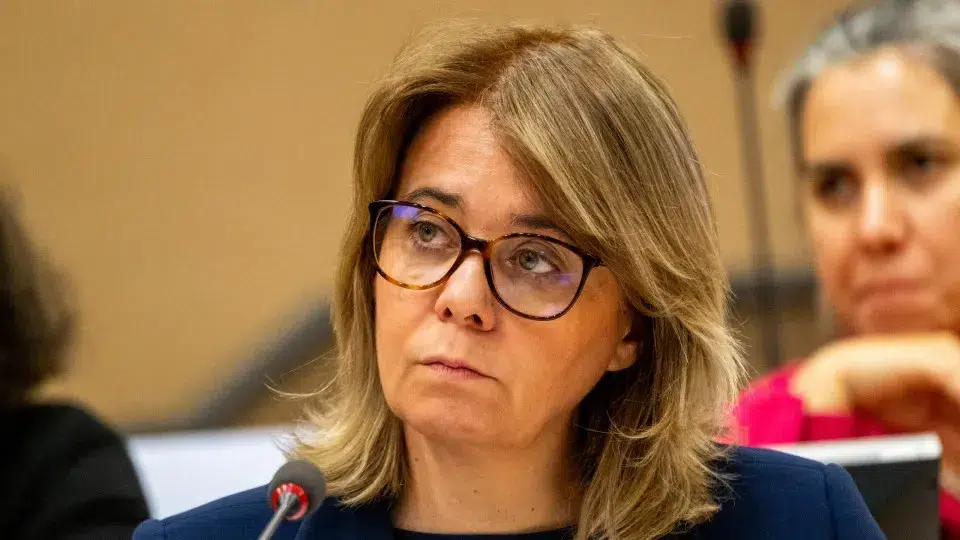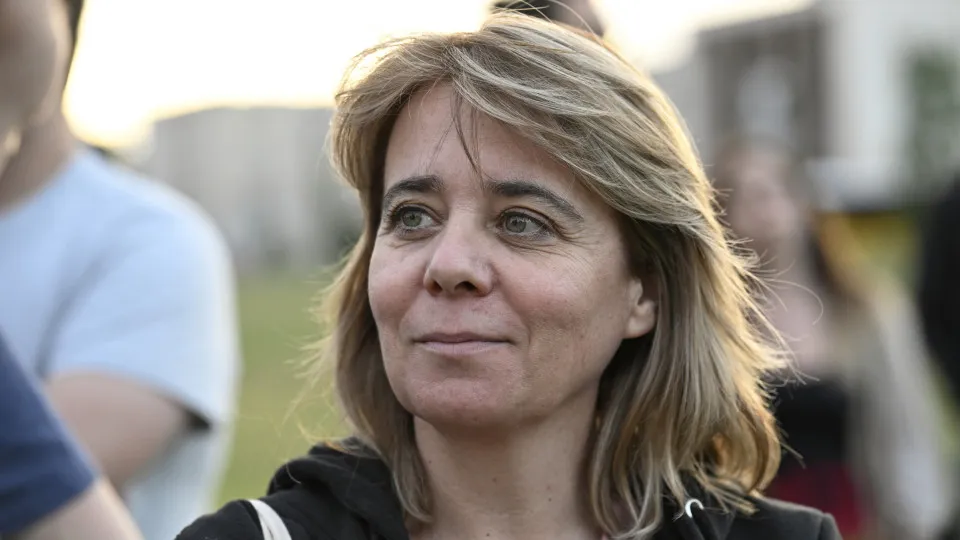
“Cabo do Mundo” was one of the projects selected in the Working Class Heroes cycle at the Porto/Post/Doc festival in 2023, debuting as part of the event’s programming at 8:00 PM on Sunday.
This fiction short film follows Miguel, living with his mother in an industrial coastal area near Porto.
“She, an exhausted physiotherapist, receives him every day after school as he wanders through the hospital corridors where she works. The arrival of a new patient in a catatonic state disturbs their routine and brings mother and son closer in a shared silence, as they both seek comfort and a way to move forward,” reads the synopsis.
“The film, at its core, is a thought process about my relationship with Porto, mainly within the scope of Working Class Heroes and family, trying to find a connection between Porto, work, the relationship between these two, and a family amidst it,” the director explained.
Baltazar believes that “the easiest way to reach a truth, in this specific case, was through fiction, paradoxical as it might seem,” creating “connections” between these thematic areas.
“There were spaces in Porto that awakened something in me, due to childhood reasons. There are parts closely related to my life and my life in Porto, such as the Santo António Hospital, where my mother worked as a physiotherapist. That part is in the film. Then there are various elements that refer to an idea of fiction to better narrate a story,” he described.
From personal experience to film, he chose to portray not only a changing Porto, from the 1980s and 1990s to today but also the fatigue and challenges amidst the socio-economic context.
“From the city center, one moves to a coastal area. It’s the periphery, and there’s a journey that reinforces isolation and daily struggle. That’s there, and in that fatigue, which is much more about that than the relationship with the son,” he recalls.
This struggle, “regardless of an implicit harshness,” is highlighted by the director to remind us of “the intrinsic strength that binds people, who find moments in everyday life to overcome” challenges.
“A mysterious character appears here, who in some way fills, for both mother and son, a sense of presence, that we are here doing something. In the logic of the daily struggle, there is also the effort of trust that it’s to continue,” he adds.
Born in 1978, Tomás Baltazar has mainly worked in film and series editing, having directed several films and worked as a programmer for the DocLisboa festival.




